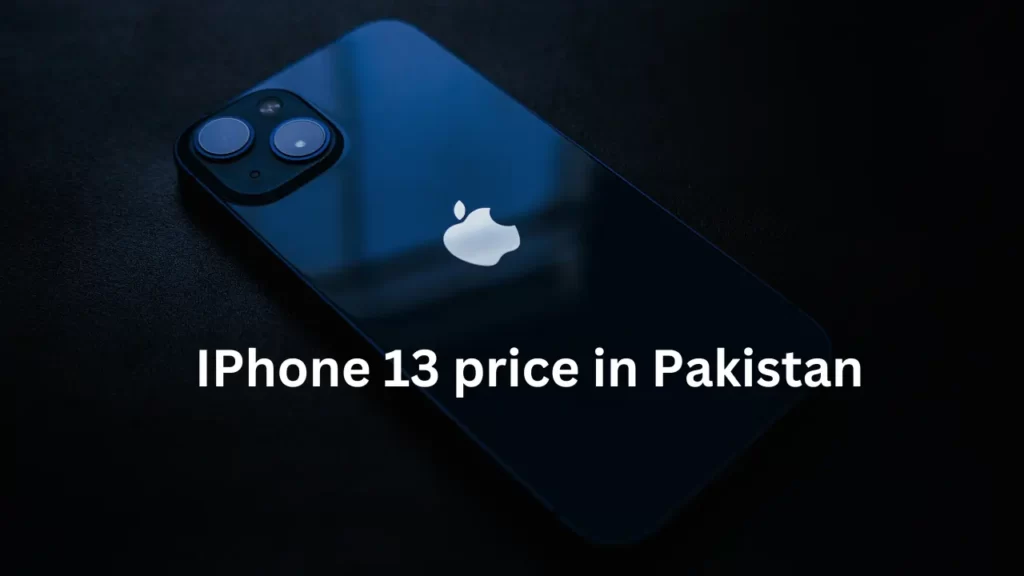As the number of mobile phone users continues to rise in Pakistan, so does the need for understanding the tax implications that come with the purchase and usage of these devices. In this article, we will dive deep into the world of mobile phone taxes in Pakistan, examining the different types of taxes imposed on these devices, their impact on consumers and the industry, and measures being taken to streamline the taxation process. With the keyword “mobile phone taxes in Pakistan” in mind, let’s unravel the intricacies of this important topic.
Understanding Mobile Phone Taxes in Pakistan
Contents
In Pakistan, mobile phone taxes can be broadly classified into four categories: sales tax, regulatory duty, income tax, and additional taxes. Below is a breakdown of each of these taxes.
Sales Tax
Sales tax is a consumption tax levied on the sale of goods and services. In Pakistan, mobile phones are subject to a standard 17% sales tax rate. This tax is applied to the retail price of the phone and is collected by the retailer at the time of purchase.
Regulatory Duty
Regulatory duty is imposed on imported goods, including mobile phones, to protect the domestic industry and maintain a balance in the trade deficit. In Pakistan, the regulatory duty on mobile phones varies based on the phone’s import value. The following table provides an overview of the regulatory duty rates:
Last Updated on May 2, 2023. We want to make sure you have the most up-to-date information on prices.
| Import Value (USD) | Regulatory Duty Rate |
|---|---|
| Up to $30 | 0% |
| $30.01 to $100 | 10% |
| $100.01 to $200 | 20% |
| $200.01 to $350 | 30% |
| $350.01 to $500 | 40% |
| Above $500 | 50% |
Income Tax
In addition to sales tax and regulatory duty, mobile phone users in Pakistan are required to pay income tax on their devices. This tax is collected as a one-time payment at the time of purchase and is based on the phone’s import value. The table below outlines the income tax rates for mobile phones:
Last Updated on May 2, 2023. We want to make sure you have the most up-to-date information on prices.
| Import Value (USD) | Income Tax Rate |
|---|---|
| Up to $30 | 0% |
| $30.01 to $100 | 10% |
| $100.01 to $200 | 15% |
| $200.01 to $350 | 20% |
| $350.01 to $500 | 25% |
| Above $500 | 30% |
Additional Taxes
In some cases, additional taxes such as provincial taxes or levies may also apply to mobile phone purchases in Pakistan. These taxes are typically based on the phone’s retail price and can vary depending on the province or region.
Impact of Mobile Phone Taxes on Consumers and the Industry
Mobile phone taxes in Pakistan significantly impact both consumers and the industry. High taxes can lead to increased retail prices for mobile phones, making them less affordable for the average consumer. This, in turn, can hinder the growth and development of the mobile phone industry and limit access to information and communication technologies.
Furthermore, the complex tax structure can make it difficult for consumers to understand the true cost of their devices, potentially leading to dissatisfaction and mistrust in the market.
Measures to Streamline Mobile Phone Taxes in Pakistan
In response to the concerns surrounding mobile phone taxes in Pakistan, the government and industry stakeholders have been working together to streamline the taxation process and make it more transparent for consumers. Some of the measures being taken to achieve this include:
- Simplification of the tax structure: Efforts are being made to simplify the complex tax structure, making it easier for consumers to understand the taxes they are paying on their mobile phones. This could involve consolidating various taxes into a single, more transparent tax rate.
- Reduction of tax rates: Reducing the overall tax burden on mobile phones can make them more affordable for consumers, thereby promoting the growth of the industry and increasing access to digital services.
- Tax incentives for local manufacturing: Offering tax incentives to encourage local manufacturing of mobile phones can help create jobs, reduce the reliance on imports, and lower the overall tax burden on consumers.
- Improved transparency: Ensuring that consumers have access to clear and accurate information about the taxes they are paying on their mobile phones can help build trust and confidence in the market.
- Enhanced coordination between federal and provincial governments: Streamlining the taxation process requires effective coordination between federal and provincial authorities, which can help eliminate discrepancies and redundancies in the tax structure.
Conclusion
Mobile phone taxes in Pakistan play a critical role in shaping the country’s mobile phone industry and influencing consumer behavior. By understanding the various taxes that apply to mobile phones and the impact they have on the market, consumers can make more informed purchasing decisions. As the government and industry stakeholders work together to streamline the tax structure and make it more transparent for consumers, it is crucial to strike a balance between generating revenue for the country and promoting the growth and development of the mobile phone industry.


